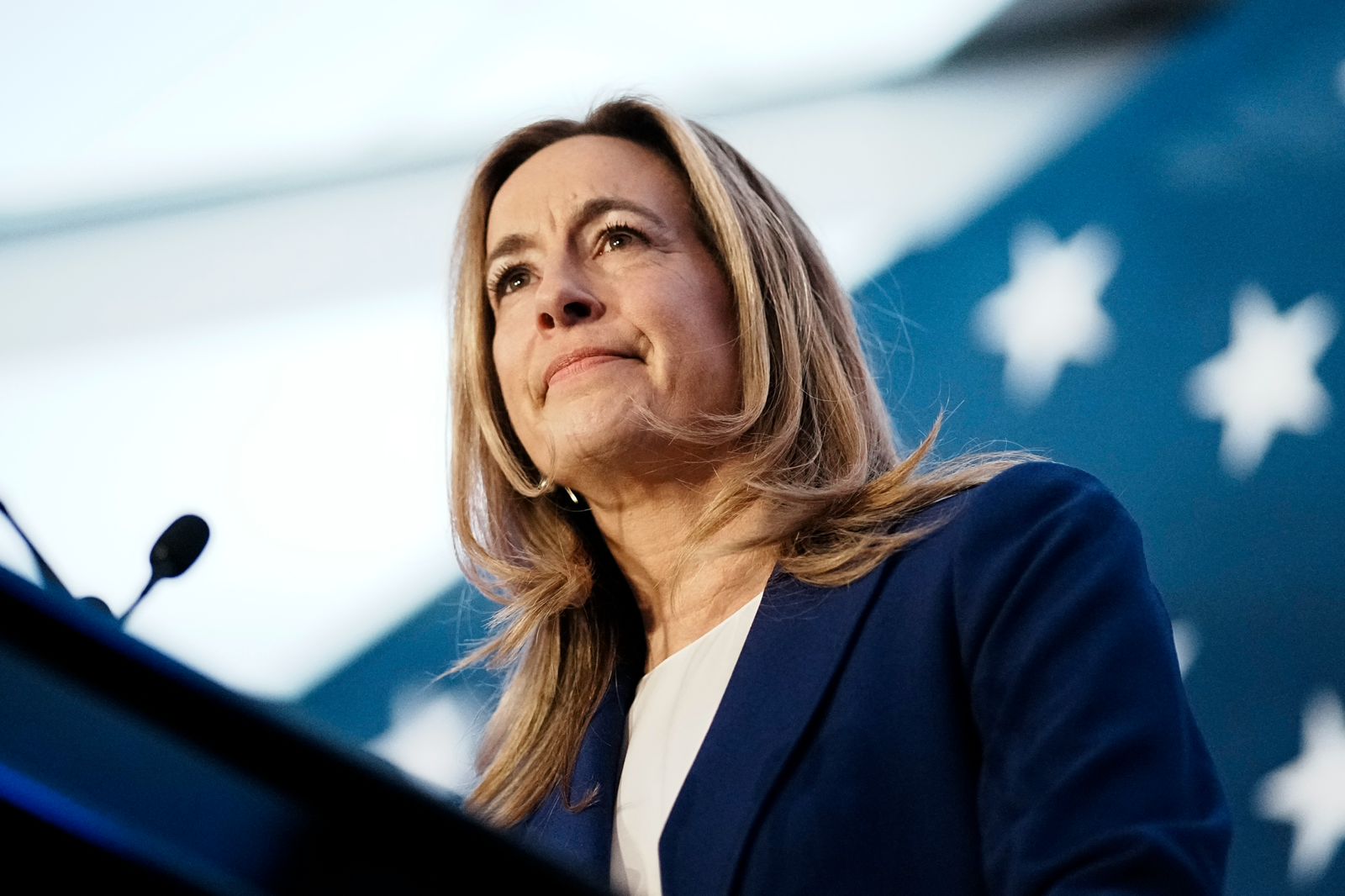Gothamist: Mikie Sherrill’s victory in last week’s election for New Jersey governor defied all pollsters.
The most generous survey of voters gave her a 6- to 8-point lead in the final weeks of the race. But she won by 13 points, turned five counties from red to blue and eviscerated the gains that President Donald Trump made for Republicans in 2014 with Black and Latino voters. She even beat her Republican opponent, Jack Ciattarelli, in his own hometown.
Now comes the hard part: governing in a state that faces a truly unique set of fiscal and budget challenges.
New Jersey is running a structural budget deficit. The state currently spends about $2 billion more than it brings in in tax revenue. The state could typically count on the federal government to help cover the shortfall and balance the budget. But the Trump administration has already started withholding hundreds of millions of dollars in state aid. And with the Medicaid cuts in the president’s Big Beautiful Bill alone, that number is expected to surpass $3 billion.
“Help [from Washington] is not going to be there anymore,” said Dan Cassino, professor of government and politics at Fairleigh Dickinson University.
He said Sherrill will likely have to raise taxes while cutting services to deal with the state’s fiscal realities, which he said “is going to upset people.”
“It is a poison chalice. I am not sure why anybody wants to do this job,” Cassino said.
Sherrill’s transition team did not immediately respond to a request for comment about the prospect of tax hikes and service cuts.
But the day after her victory, Sherrill told the press that voters have given her a “big” mandate to deliver on her campaign’s affordability message. She’s promised to put a stop to rising electric bills,
build more affordable housing and lower day-to-day living costs like groceries and other expenses.







